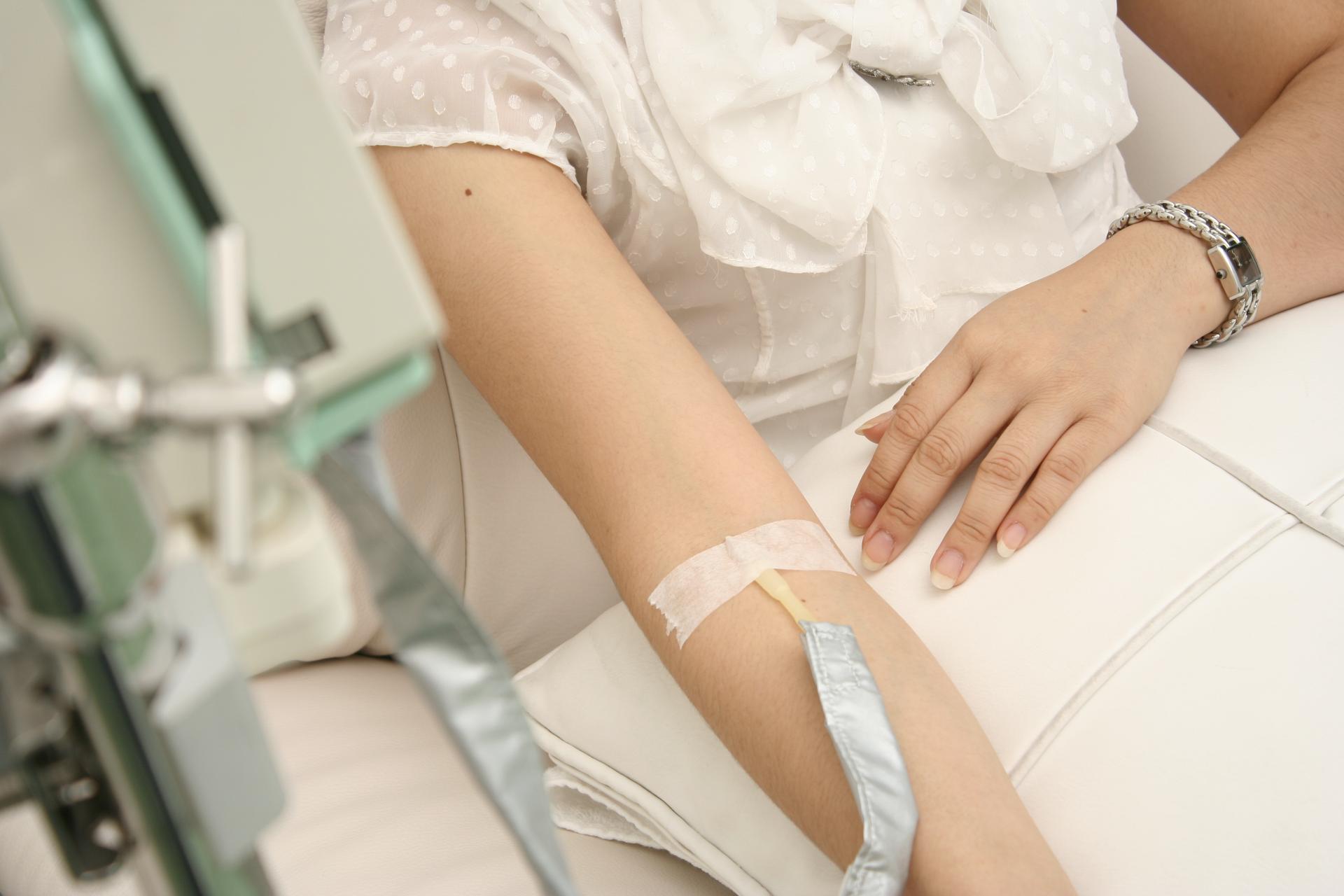The aim of this study was to provide evidence for further in vivo maturation of insulin-producing cells (IPCs) derived from human bone marrow-derived mesenchymal stem cells (HBM-MSCs). HBM-MSCs were obtained from three insulin-dependent type 2 diabetic volunteers. Following expansion, cells were differentiated according to a trichostatin-A/GLP protocol. One million cells were transplanted under the renal capsule of 29 diabetic nude mice. Blood glucose, serum human insulin and c-peptide levels, and glucose tolerance curves were determined. Mice were euthanized 1, 2, 4, or 12 weeks after transplantation. IPC-bearing kidneys were immunolabeled, number of IPCs was counted, and expression of relevant genes was determined. At the end of in vitro differentiation, all pancreatic endocrine genes were expressed, albeit at very low values. The percentage of IPCs among transplanted cells was small (≤3%). Diabetic animals became euglycemic days after transplantation. Thereafter, the percentage of IPCs reached a mean of ~18% at 4 weeks. Relative gene expression of insulin, glucagon, and somatostatin showed a parallel increase. The ability of the transplanted cells to induce euglycemia was due to their further maturation in the favorable in vivo microenvironment. Elucidation of the exact mechanism(s) involved requires further investigation.

Understanding Intradermal Skin Testing: How We Pinpoint Your Allergens
Many health concerns begin with questions about allergies, and a clear diagnosis often starts with testing. Symptoms like nasal congestion,

